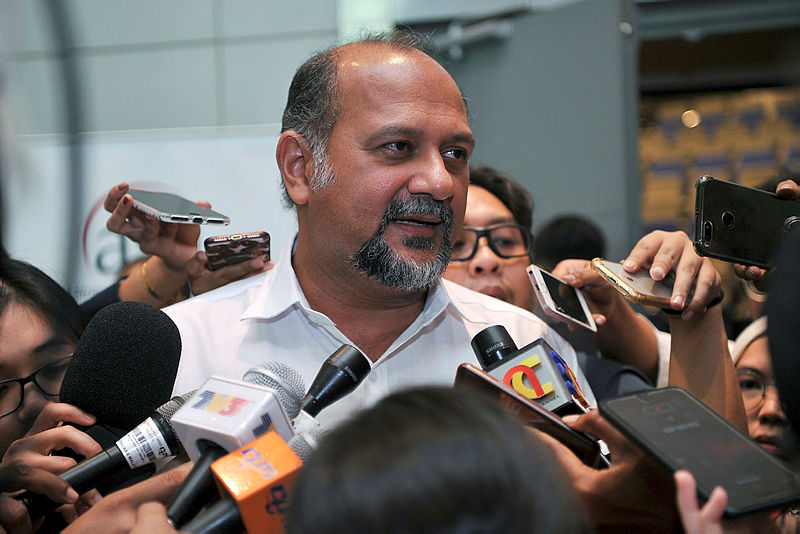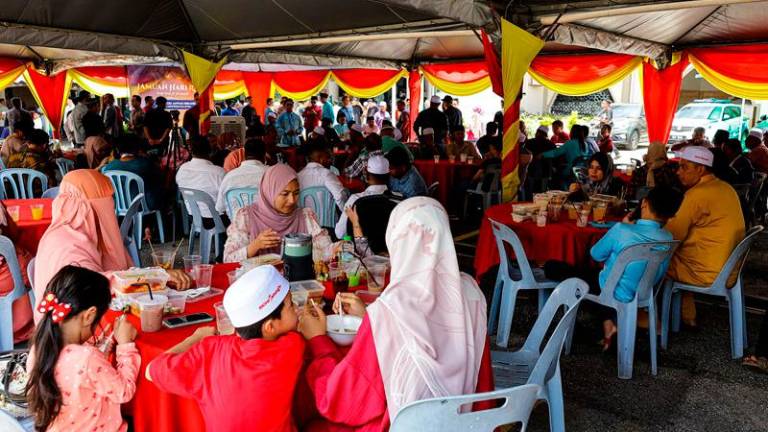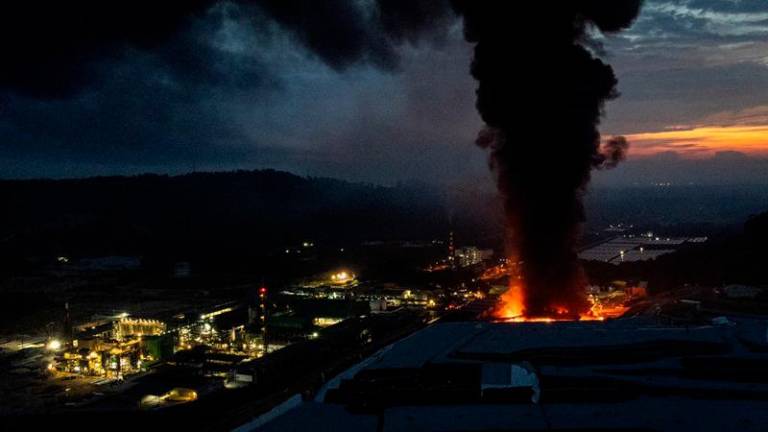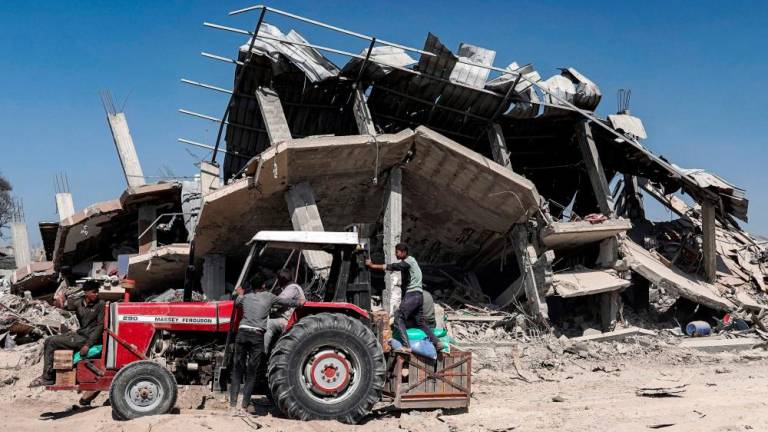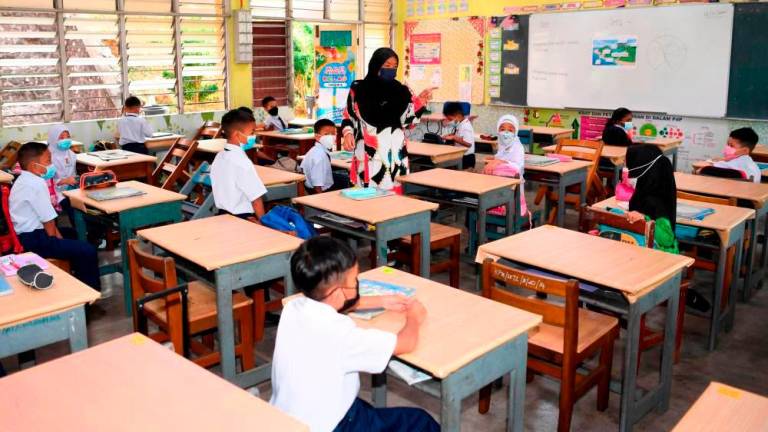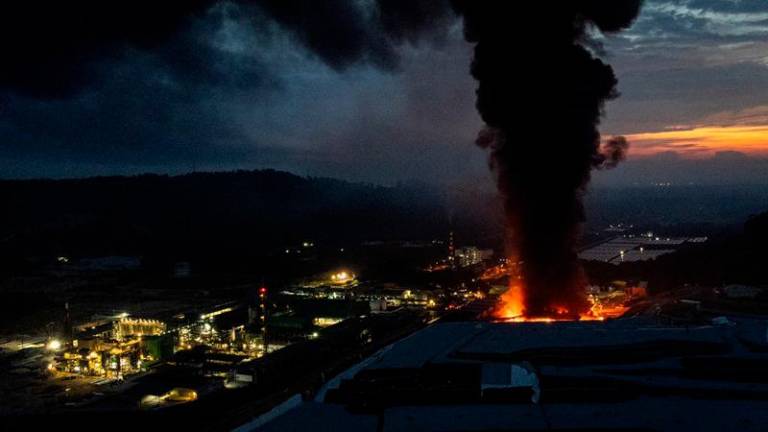SINGAPORE: Malaysia has emphasised the need for a working committee to be set up to facilitate the mechanisms by which the 11 norms recommended by United Nations Group of Governmental Experts (UNGGE) can be implemented.
This was stated by Communications and Multimedia Minister, Gobind Singh Deo (pix) during a discussion at the 4th Asean Ministerial Conference on Cybersecurity (AMCC) which was convened today as part of the Singapore International Cyber Week 2019.
Gobind pointed out the need for the committee to look at specific areas such as formulating mechanisms by which complaints can be received concerning cyberattacks and developing a structure and process through which the complaints can be probed.
According to the Minister, it was important to ensure that the process led to an action-based response which also looked into areas of enforcement to ensure that the said process was expeditious and effective.
At the end of the AMCC, the Minister issued a statement to Bernama on Malaysia’s position on the recommendations. The AMCC was chaired by Singapore’s Minister for Communications and Information and Minister-in-charge of Cybersecurity, S Iswaran.
The AMCC was attended by Ministers and Senior Officials responsible for Cybersecurity; and Information and Communications Technology (ICT) from all 10 Asean Member States; and Deputy Secretary-General of the Asean Political-Security Community, Hoang Anh Tuan.
The AMCC noted Asean Member States’ efforts at implementing the 11 voluntary, non-binding norms recommended in the 2015 UNGGE Report.
In particular, the AMCC discussed possible ways to implement the norms and capacities required and agreed to establish the working-level committee to develop a long term regional action plan to ensure effective and practical implementation of the norms.
The working-level committee will have a year to study and propose recommendations in specific areas including CERT cooperation, protection of critical information infrastructure, and mutual assistance in cybersecurity, according to Cyber Security Agency of Singapore.
At the closing press conference of the AMCC, Iswaran said: “There has been growing recognition that cybersecurity is a global commons challenge, where the benefits of doing it right and the consequences of not getting it right would apply to all of us.
“Our interests are deeply intertwined and it is necessary and valuable that we work together as a team, whether it is at the national level, the international level and also within Asean to strengthen cybersecurity.
“In this effort, Singapore and Asean in collaboration with our international and dialogue partners can make a meaningful contribution and difference to the lives of our citizens, in our own countries, in the region, and also to make an important contribution to the global community,” he said. — Bernama



